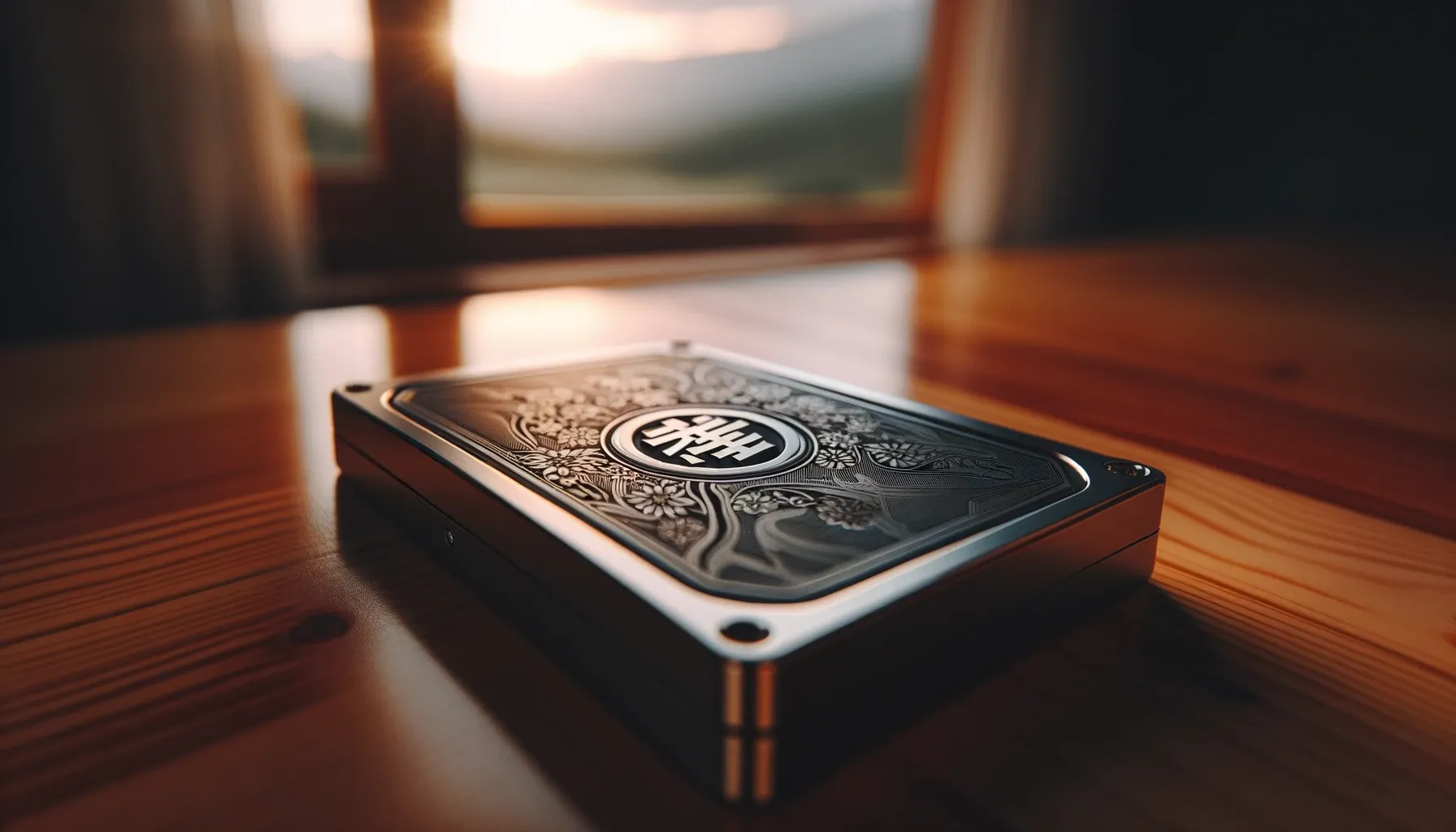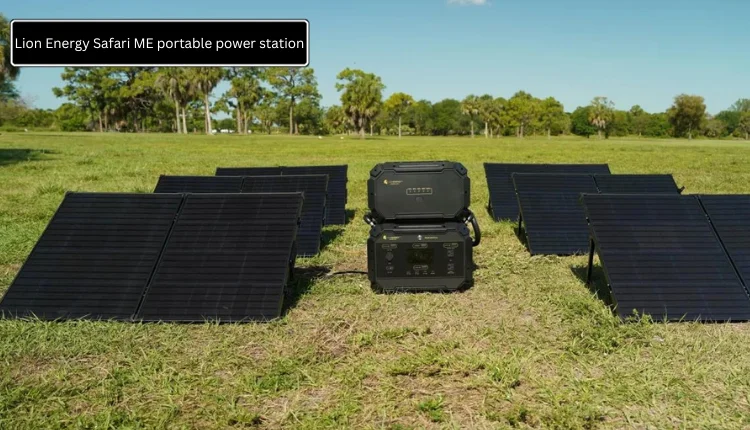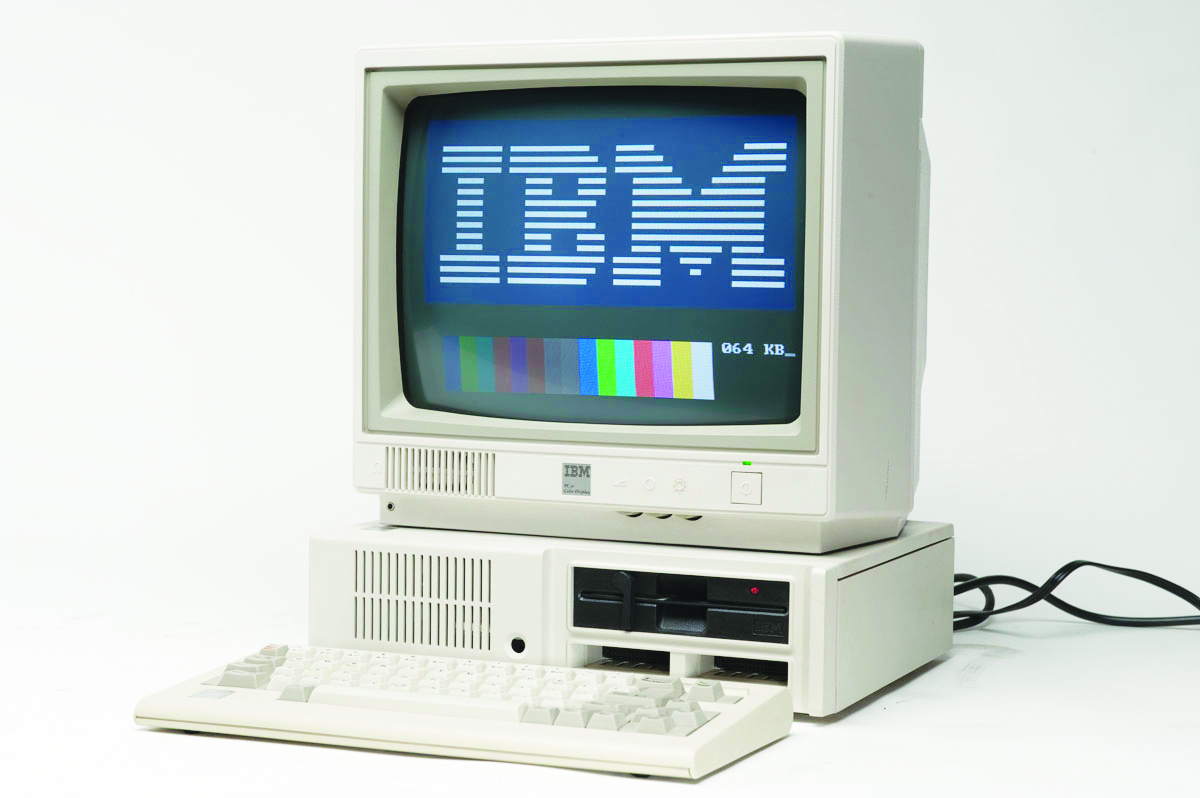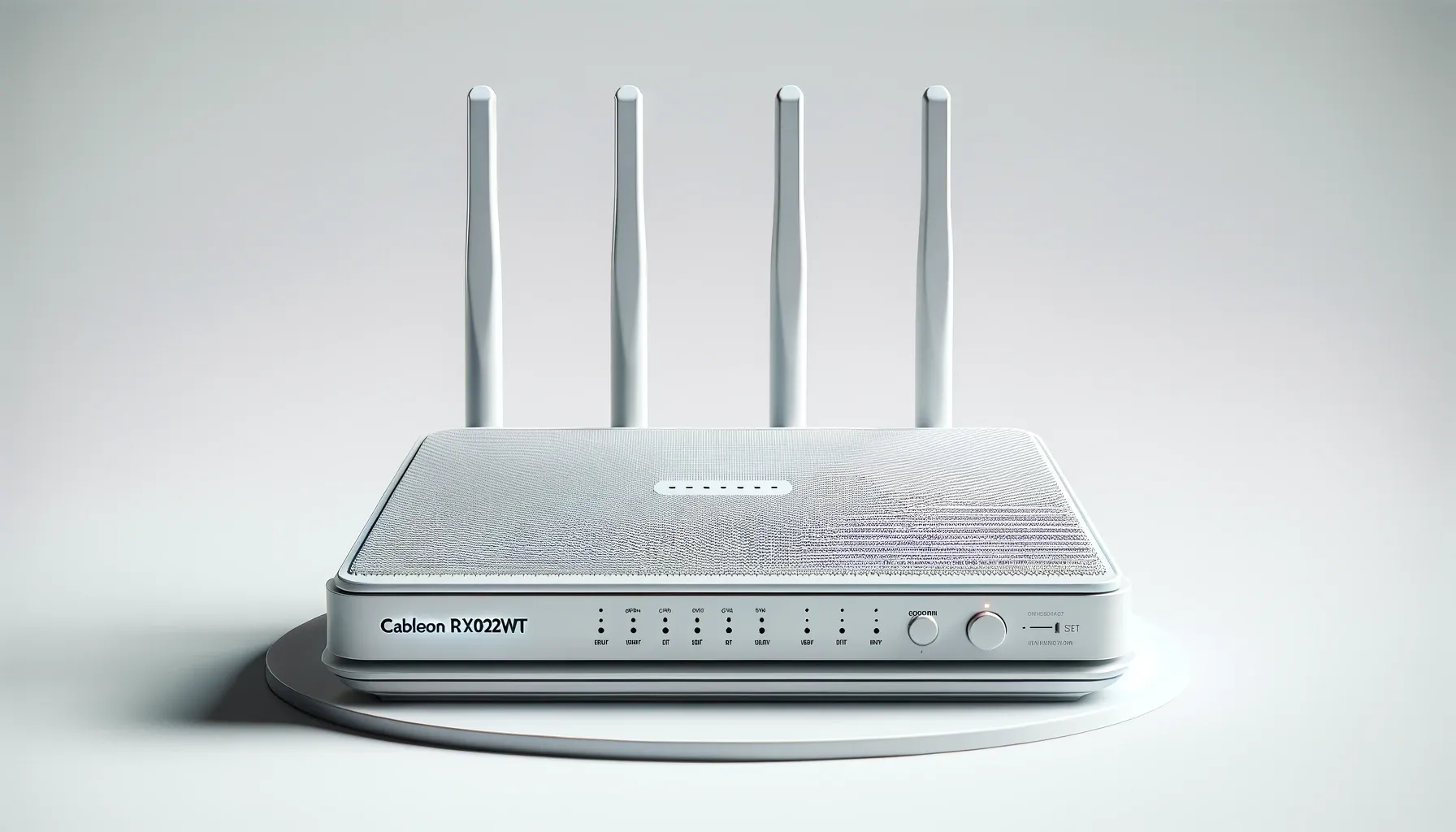Understanding Why does my external drive have Chinese characters? This can happen for a few reasons, such as malware infection, encoding issues, or incorrect language settings. To fix the problem, try scanning your drive for malware, changing the encoding, or updating your language settings.
Have you plugged in your external drive only to find that your folders and files are now just lines of incomprehensible Chinese characters? This unusual glitch can be alarming and frustrating if you can no longer access your important data.
The good news is there are a few reasons why your external drive suddenly has Chinese characters instead of normal folder/file names, and the issue can usually be resolved.
Why does my external drive have Chinese characters?
There are two main reasons why your external drive might have Chinese characters:
- The drive was formatted or used on a computer with Chinese language support enabled.
- The drive has been infected with malware.
If you are not sure why your drive has Chinese characters, scan it for malware using an up-to-date antivirus program. If the antivirus program detects any malware, remove it immediately. Once you have removed any malware, you can reformat the drive to clear all of the data on it and reset the encoding of the file names to English.
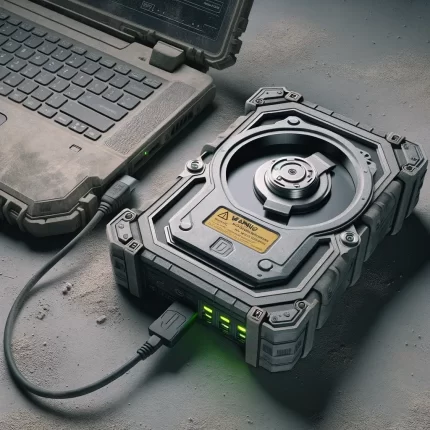
Your Drive Was Formatted as NTFS
One of the most common sources of this problem is when your external drive is formatted as NTFS (New Technology File System). This advanced filing system supports large capacities and file sizes but can default to showing Chinese filenames if the language pack is not installed properly.
Reformatting the NTFS drive to a more compatible file system for your operating system, such as FAT32, can often resolve the issue and restore your folders/files to their original English filenames. Just be aware reformatting will erase all data on the drive.
The Drive Defaulted to a Chinese Language
External hard drives and USB flash drives can sometimes default to display folder names and files in Chinese if the language setting is changed to Chinese.
For example, if the external drive was used on a Chinese computer before being transferred to your English Windows PC, the drive may retain the Chinese language setting. Changing the language back to English in your drive settings should convert everything back to English characters.
File Names Changed to Chinese Characters
In some cases, the actual filenames on your external drive have been changed to Chinese characters.
This could happen if a software tool was used to batch rename files in Chinese, or if a virus or malware infection garbled your filenames. Unless you can recover the original filenames from a backup, they will remain in Chinese. Click to read about is Tumblr used for Dating.
Virus or Malware Infection
Viruses and malware are other common culprits that can sneak in and suddenly replace your filenames with Chinese text. The malware does this by actually changing the name and contents of your files.
Running a thorough antivirus scan should detect and remove the malware. This can restore files to their original state if the virus does not permanently overwrite or encrypt them.
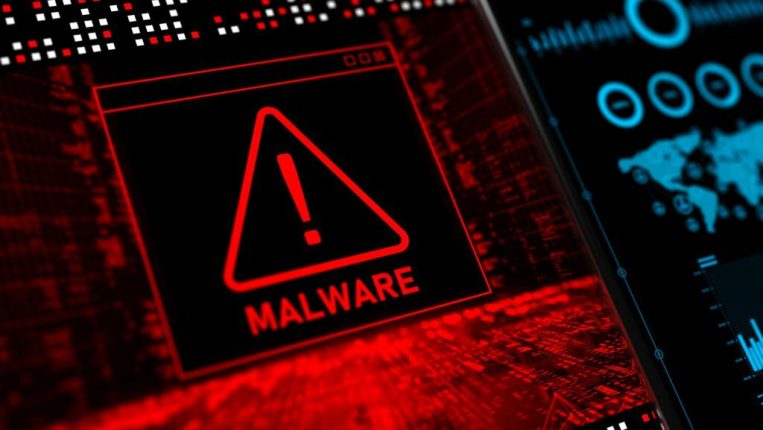
Drive Partition Type Changed
Drives formatted with the FAT32 file system are more prone to displaying foreign characters if the partition type is changed.
For instance, if the partition scheme was switched from MBR to GPT, it can occasionally corrupt the file allocation table and lead to filenames in Chinese characters.
Encoding or Language Setting Issues
Problems with the character encoding settings between your external drive and computer can also result in random Chinese characters instead of filenames.
The encoding may have changed to one that is incompatible. Or if the drive was connected to Linux, the different UTF-8 encoding may be reading the filenames incorrectly in Windows. Changing the encoding in Windows or on your drive should resolve it.
Faulty External Drive
Finally, if you see corruption like Chinese filenames across multiple devices, the external drive hardware itself could be malfunctioning or failing.
Try scanning the external drive for errors using built-in disk utilities. But you may need to replace the potentially faulty drive if errors persist and your data remains inaccessible.
Resolving the Issue
Here are the key steps to take in attempting to resolve the Chinese character filename problem:
- Run an antivirus scan to check for malware
- Try changing the language settings/encoding back to English in Windows and your external drive
- Reformat the drive with a compatible file system like FAT32
- Attempt data recovery of your original filenames from a backup or via data recovery software
- Repair drive errors with disk utilities
- Replace the drive if it is faulty or badly corrupted
Recovering Data
If important personal or work data on the drive was lost or corrupted, try to recover it from backups first if available.
Data recovery software is another option that can scan the external drive and restore recovered files to a separate safe location with their original filenames in English.
Just avoid saving any new data onto the afflicted external drive before attempting file recovery, as this can overwrite your lost data.
Preventing Recurrence
To avoid this issue in the future when using external hard drives and flash drives:
- Be careful not to change the language settings to Chinese or any other foreign languages
- Keep backups of your drive so file names and data can be restored if corrupted
- Use antivirus software and practice safe computing to prevent malware infections
- Handle drives properly to reduce the risk of physical hardware failure
Following these tips should keep your external drives displaying readable English filenames so you can always access your data.
People Also Ask
Q: Can I recover my original filenames if they changed to Chinese characters?
Q: Is it safe to reformat my external drive that has Chinese filenames?
Q: How do I change the language back to English if my drive defaulted to Chinese?
Q: Could a faulty cable or connection cause Chinese characters on an external drive?
Q: Should I factory reset my external drive with Chinese characters?
Final Words
Finding that your external hard drive or USB flash drive is suddenly filled with incomprehensible Chinese characters can certainly be alarming. But in most cases, this issue can be resolved by resetting language settings, reformatting, running antivirus scans, or utilizing data recovery tools. Paying close attention to the drive’s formatting, and language, and avoiding malware infections will help prevent this issue from occurring in the future.

